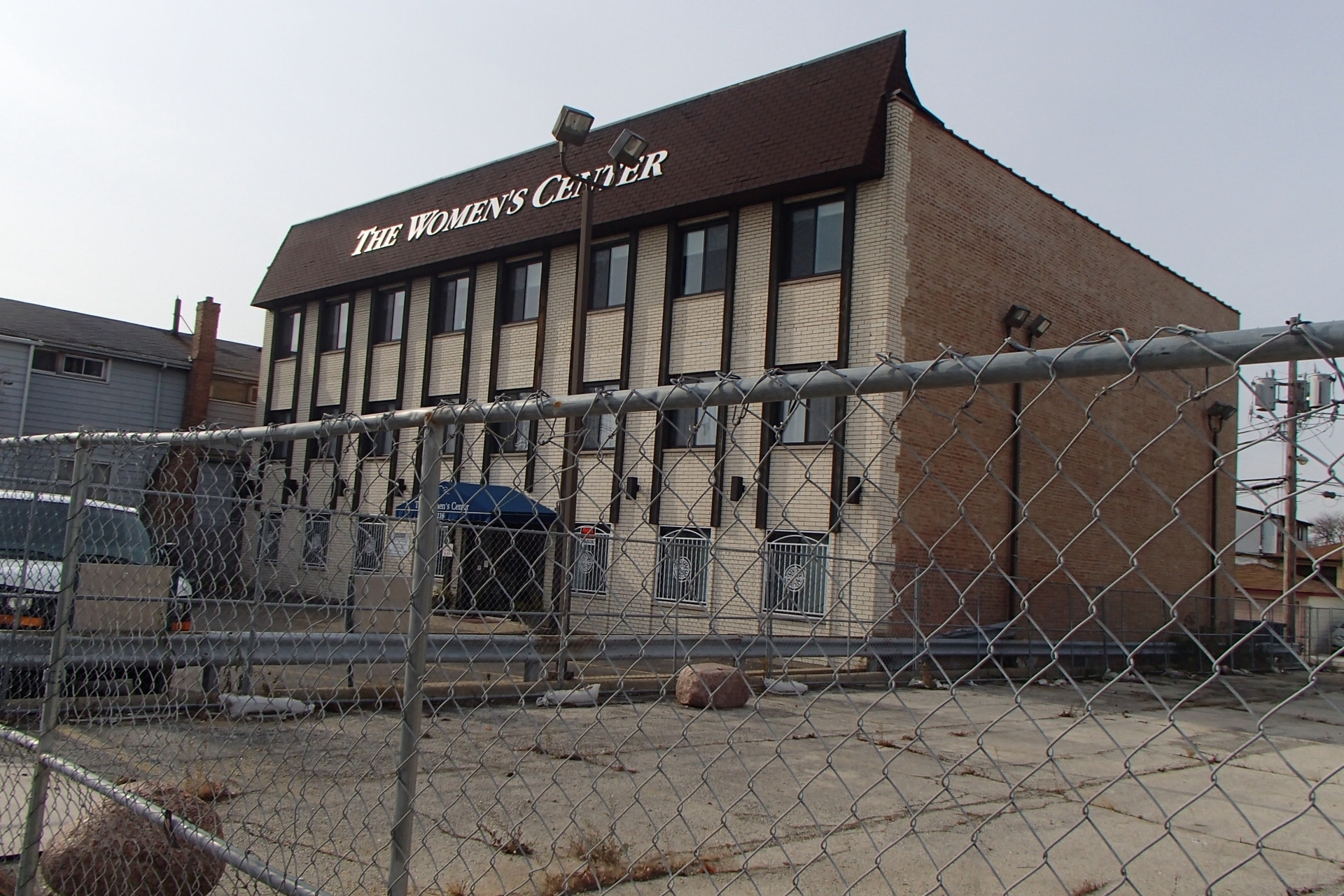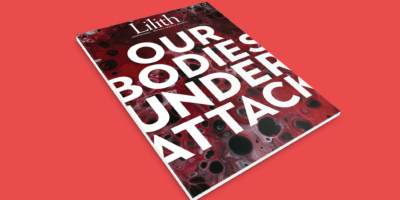
What the “Pro-Life” Side Says Behind Closed Doors
I infiltrated a crisis pregnancy center (CPC) in 2010 when I was in college. At the time, I was working for a national feminist organization in the D.C. area and coming into my awakening as a Black feminist. I went undercover out of curiosity, to find out what I would experience as a Black woman seeking an abortion.
On a sticky summer day, I walked into an unsettling building that I’ll call “A Woman’s Choice.” I met a White woman sitting behind a dusty and paper-filled desk. The woman asked how she could help me and I told her I was seeking advice because I’d missed my period and believed I was pregnant.
What followed was a deep dive into the narratives and thinking of anti-abortion activists–and a warning of what was to come as they gained power.
The woman led me into an examination room and asked me a barrage of questions: why did I believe I was pregnant? Why would I willingly choose to have unprotected sex with my boyfriend? I told her that I had been in a long-term relationship with my boyfriend Michael, who was my high school sweetheart, and that we’d decided to have sex because we felt emotionally and mentally prepared to do so. I told her I loved Michael and he loved me.
Looking me up and down, the woman asked whether I had a relationship with my father. When I responded that I did, she seemed puzzled. I asked her why that seemed so odd to her, and she told me that “many African-Americans don’t have fathers present in the home.”
She asked me what my father and Michael would think about my decision to pursue an abortion and I told her they’d support me. She responded that I might cause them (and myself) psychological harm if I had an abortion. That they and I would never be the same again. Maybe my dad would cut me off, she said. Maybe Michael would leave me.
When I didn’t respond, the woman whipped out plastic fetus dolls, to show me what, at approximately six weeks, the life growing inside of me looked like. Every single plastic fetus she pulled out was white. I told her, as I had previously, that I was just a college student and that I was not prepared to have a baby. Then, I simply asked her to stop.
I glanced around the room, looking at pamphlets about the trauma abortions caused, how abortions could make you infertile, and even pamphlets about the anti-abortion movement’s favorite talking point—how abortions are a form of Black genocide. By the time I turned back to face the woman, she had pulled out a pregnancy test. She told me I had to take it myself because, as she was just a church parishioner and not a medical professional, she could not read the results of my test herself.
You know what happened next: I “learned” I was not pregnant. Yay for me! When I read my result, the woman asked me how I felt. I said I was relieved. The woman told me I could choose abstinence in the future and that if I did become pregnant, I could always turn to “A Woman’s Choice” for help. I thanked her, took the pamphlet she’d handed me about Black genocide, and left with my friend.
My experience being lectured to and condescended to by this woman taught me that the most marginalized among us (Black and Brown folks, trans folks, non-binary folks, and poor folks) will always bear the brunt of limits to abortion access. The way casual and deeply harmful stereotypes about race and gender were tossed into her talking points showed that you can’t untie one form of oppression from another.
Perhaps that’s why, when the draft Dobbs opinion leaked weeks before the Supreme Court’s decision to overturn Roe, I bucked against folks who said Margaret Atwood’s The Handmaid’s Tale was coming true. It angered me because we don’t need a fictional dystopia to understand or acknowledge this moment: reproductive coercion and control have always been the norm for Black and Brown people in this country. But I also was reminded about the power of narrative: the anti-abortion movement has been successful in part because of how they’ve leveraged storytelling and narrative, a narrative which the Supreme Court perpetuated in its opinion.
I still believe that stories like mine, or those of people who’ve actually had abortions both pre-and post-Roe, matter in the next phase of our fight—if we really listen to them and the lessons they hold. And as Jews we are uniquely situated to continue shifting and elevating narratives around abortion to co-create the world with HaShem.
It makes sense, really, given that storytelling, truth-telling and collective memory are central to our identity. With storytelling, we can push back against the Supreme Court’s narratives about what it means for traditions to be “deeply rooted in this Nation’s history.” We can add complexity to a narrative that largely centers around Christian viewpoints on abortion.
We can amplify stories of resistance to the anti-abortion movements. We can amplify stories about the Jewish commitment to collective liberation. We are at a painful moment. But if we can make it through it by listening to each others’ stories, we can make it to the other side of freedom.
Dena Robinson (she/her) is a proud Black, Jewish, queer, first-generation American DEI Facilitator/Consultant and Civil Rights Attorney living, playing, working, and loving in Baltimore, MD.
Image via Wikimedia Commons. User:Visviva.



